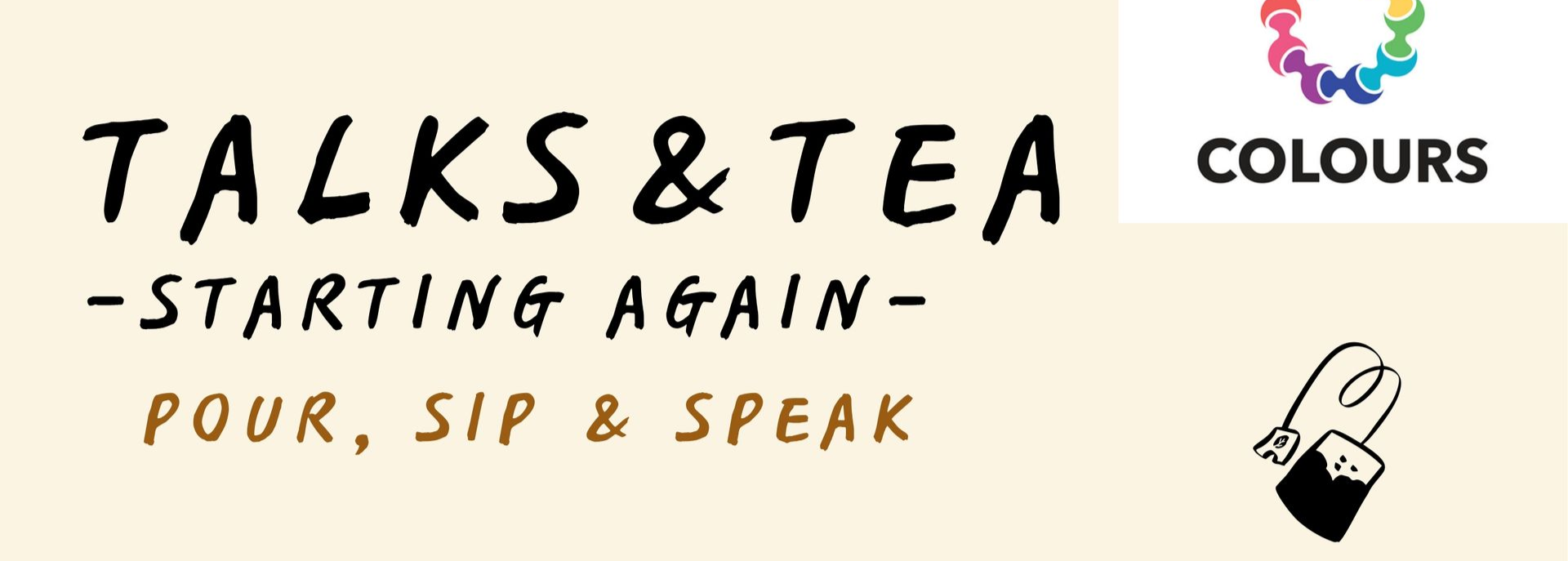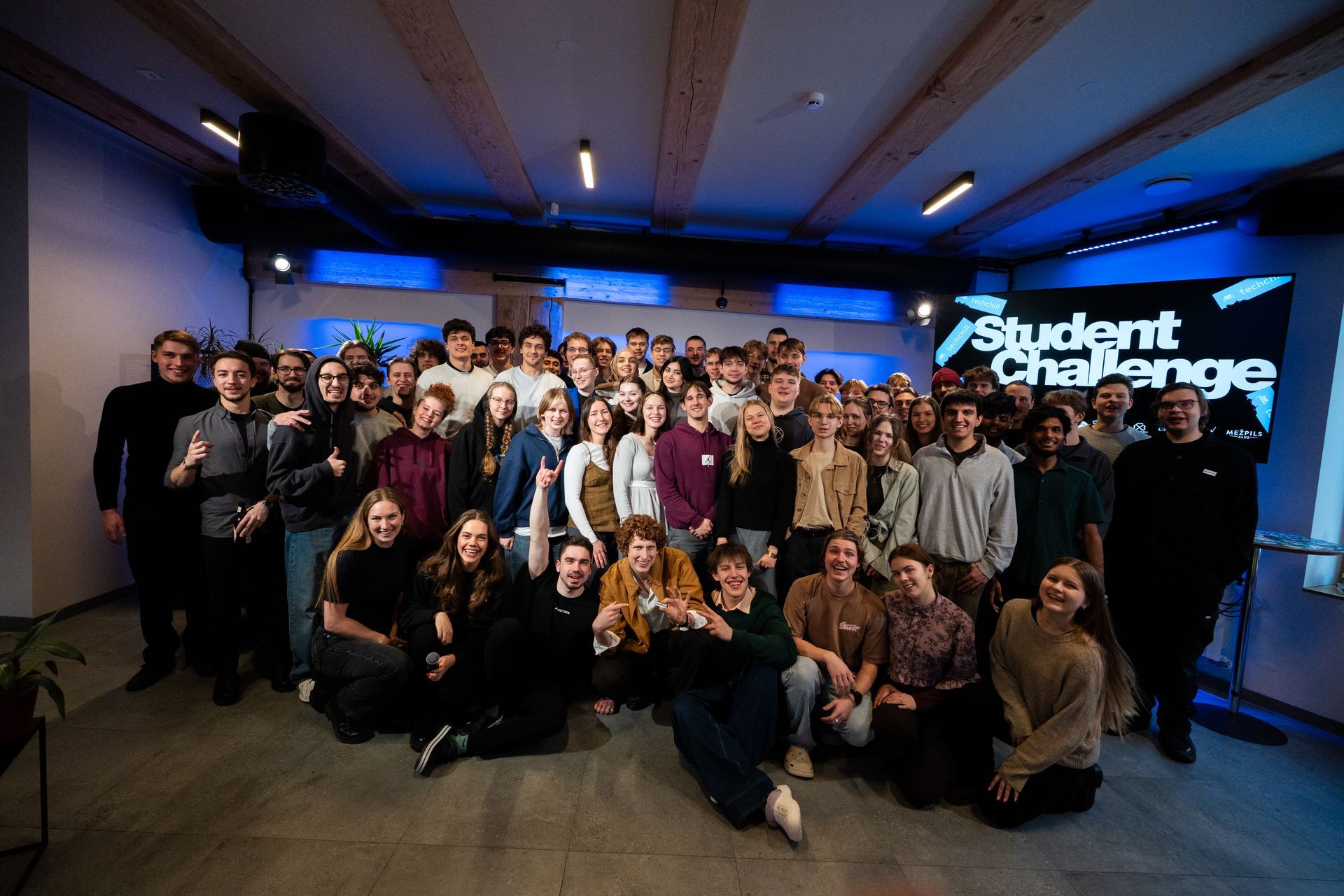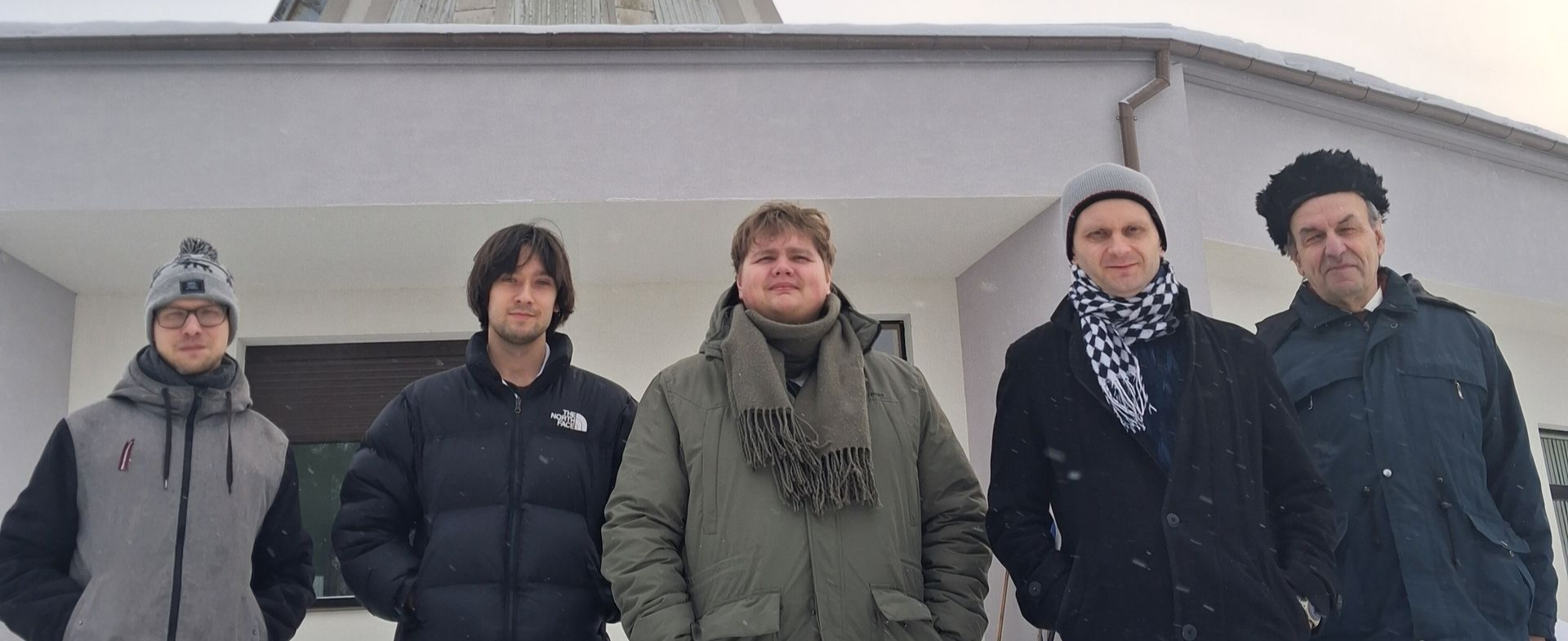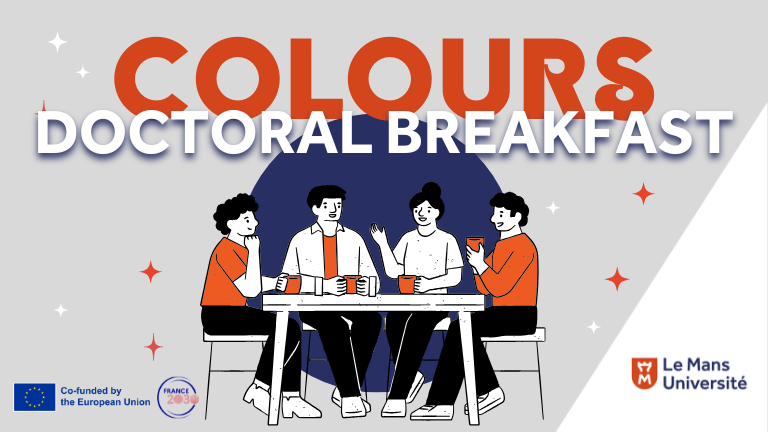The kick-off of the Astrophysics Centre for Multimessenger studies in Europe ACME, an EU-funded project built by and for the astroparticle and the astronomy communities
On the 16th and 17th of September was held in Paris the kick-off meeting for the Astrophysics Centre for Multimessenger studies in Europe - ACME. This HORIZON-INFRA-2023-SERV-01 EU-funded project coordinated by Centre national de la recherche scientifique CNRS aims to realize an ambitious coordinated European-wide optimization of the accessibility and cohesion between multiple leading astroparticle and astronomy research infrastructures, offering access to instruments, data and expertise, focused on the new science of multi-messenger astrophysics.
With 40 world-class collaborating institutions from 15 countries, ACME brings together the astroparticle and astronomy communities in a joint effort to forge a basis for strengthened long-term collaboration between these research infrastructures irrespective of location and level up access opportunities across Europe and beyond.
ACME objectives are to implement the Astroparticle Physics European Consortium’s (APPEC) and the Planning and Advisory Network for European Astronomy’s (ASTRONET) roadmaps’ recommendations and act as a pathfinder to broaden and improve access to the respective research infrastructures services and data, assess and evaluate new models for better coordination and provision of at-scale services, provide harmonized trans-national and virtual access, develop centres of expertise, improve science data products management, improve interoperable systems for rapid identification of astrophysical candidate events and alert distribution to optimize follow-up observations, provide training for a new and broader generation of scientists and engineers, open the astrophysics and astroparticle physics data sets to other disciplines and increase citizen engagement.
The ACME project coordinator Prof. Antoine Kouchner (CNRS/Université Paris Cité), and co-coordinator Paolo D’Avanzo (INAF), represent each community to ensure balance and drive cross-domain collaboration.
The Ventspils International Radio Astronomy Centre (VIRAC) at Ventspils University of Applied Sciences (VUAS) is dedicated to research in radio astronomy, astrophysics, and space sciences. Its key instruments include the fully steerable parabolic antennas RT-16 and RT-32, and the LOFAR-LATVIA station. A primary scientific goal is conducting VLBI observations in collaboration with global networks like the European VLBI Network (EVN) and LOFAR. VIRAC has rapidly expanded beyond radio astronomy and astrophysics to include robust scientific groups in satellite communication, space technologies, and high-performance computing. As part of the ACME project, VIRAC will provide transnational access to its infrastructure, coordinated by Dr. Ivar Shmeld and Vladislavs Bezrukovs.
Project page: https://cordis.europa.eu/project/id/101131928
Contact:
Antoine KOUCHNER, Scientific Coordinator (CNRS/UPCité): kouchner@apc.in2p3.fr
Paolo D’AVANZO, Scientific Co-coordinator (INAF): paolo.davanzo@inaf.it
Julie EPAS, Project Manager (CNRS): epas@apc.in2p3.fr
Vladislavs Bezrukovs (VIRAC): vladislavsb@venta.lv
More information:
Multi-messenger astronomy is the coordinated observation and interpretation of multiple signals received from the same astronomical event. Many types of cosmological events involve complex interactions between a variety of astrophysical processes, each of which may independently emit signals of a characteristic "messenger" type: electromagnetic radiation (including infrared, visible light and X-rays), gravitational waves, neutrinos, and cosmic rays. When received on Earth, identifying that disparate observations were generated by the same source can allow for improved reconstruction or a better understanding of the event, and reveals more information about the source.
Funded by the European Union. Views and opinions expressed are however those of the author(s) only and do not necessarily reflect those of the European Union or of the European Research Executive Agency (REA). Neither the European Union nor the granting authority can be held responsible for them.


Share on other platforms
Other news







